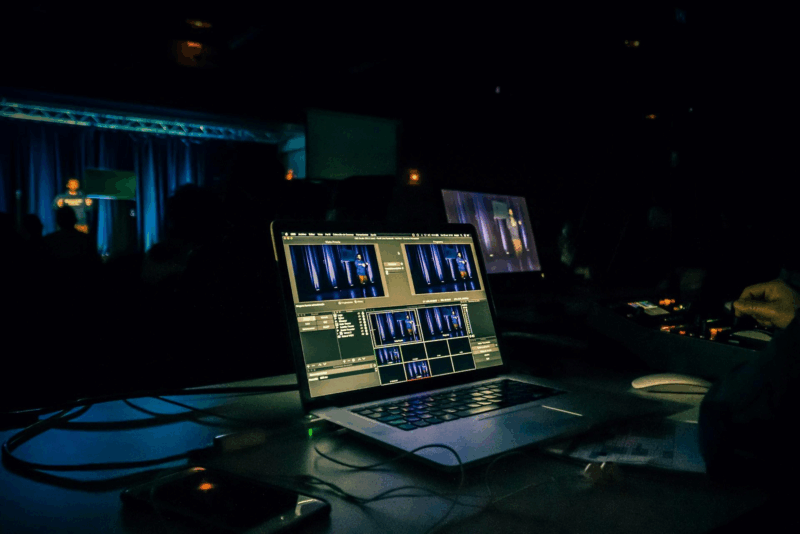
In an era defined by instant connectivity and readily available information, sports betting has transcended its traditional confines, evolving into a colossal global industry. No longer relegated to smoke-filled backrooms or clandestine operations, it has embraced the digital age, offering a seamless and engaging experience to millions worldwide. From the casual fan looking to add an extra layer of excitement to a game, to the seasoned analyst meticulously researching statistics, the landscape of sports betting is as diverse as the events it covers.
At its core, sports betting is about predicting the outcome of sporting events and placing wagers on those predictions. What has fueled its rapid growth, particularly in recent years, is the accessibility provided by online platforms and mobile applications. With just a few taps on a smartphone, users can now access a vast array of betting markets, from major international leagues like the Premier League and NBA to niche sports and even esports. This convenience, coupled with advancements in secure payment gateways and live streaming capabilities, has fundamentally reshaped how people engage with sports and gambling.
One area where this expansion is particularly evident is in Canada sports betting. Following a significant legislative change in 2021 that allowed single-event sports wagering, the Canadian market has seen a surge in activity. Provinces have moved to establish their own regulatory frameworks, leading to a diverse landscape of licensed operators and betting options. This burgeoning market reflects the broader global trend of increased accessibility and legalization, with responsible gambling initiatives being a crucial part of the framework to ensure player safety and mitigate potential harms.
Technological innovation continues to be a major driver in this evolution. Artificial intelligence (AI) and machine learning algorithms are increasingly being employed to analyze vast amounts of data, providing more accurate predictive models and personalized betting experiences. Imagine an AI-powered assistant offering tailored betting strategies based on your past performance and preferences, or real-time data feeds delivering insights that could influence your live bets. Furthermore, the integration of virtual reality (VR) and augmented reality (AR) promises even more immersive experiences, potentially allowing bettors to feel as though they are right there in the stadium.
The rise of online platforms has also brought forth a host of new betting options beyond traditional fixed-odds wagering. In-play or live betting, for instance, allows wagers to be placed as a game unfolds, with odds constantly shifting based on the real-time action. This dynamic approach adds an exhilarating dimension to the betting experience, demanding quick thinking and an acute understanding of the sport. The expansion into esports betting, driven by the immense popularity of competitive gaming and streaming platforms, further underscores the industry’s adaptability and willingness to embrace new trends and demographics.
Beyond the thrill of the wager, the sports betting industry has a significant economic impact, generating billions in annual revenue and creating numerous jobs. Governments, recognizing this potential, have increasingly moved towards regulating and legalizing sports betting, bringing it out of the shadows and into a framework of consumer protection and taxation. This legalization has also fostered increased consumer confidence and attracted new operators, leading to a more competitive and innovative market.
However, with growth comes responsibility. The industry is increasingly focused on promoting responsible gambling practices. Operators are implementing tools and features like self-exclusion options, deposit limits, and reality checks to empower users to manage their betting habits. Educational resources and partnerships with responsible gambling organizations are also crucial in raising awareness about problem gambling and providing support to those who need it.
The future of sports betting appears to be one of continued innovation and expansion. As technology advances further, we can expect even more sophisticated predictive analytics, highly personalized user interfaces, and seamless integration with other entertainment platforms. The ongoing global trend towards legalization and regulation will likely open up new markets, while a strong emphasis on responsible gambling will remain paramount, ensuring a sustainable and enjoyable experience for all participants in this dynamic digital arena.











